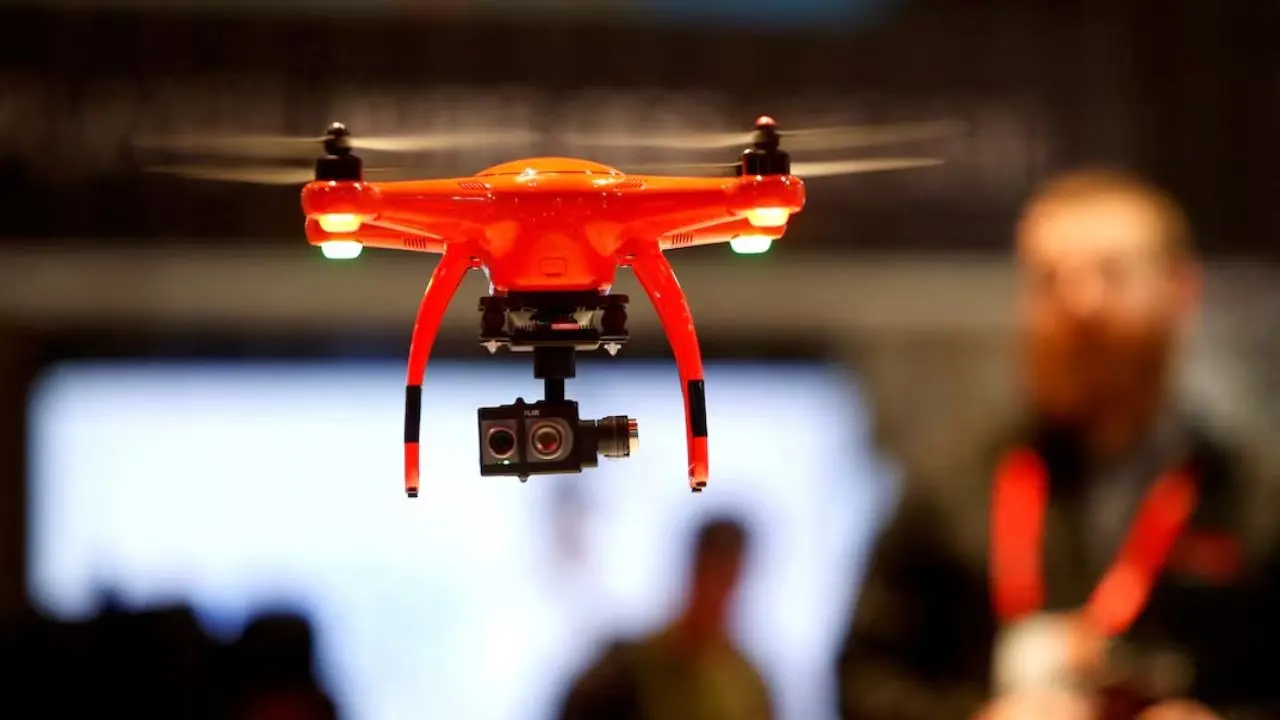Updated 14 May 2025 at 00:15 IST
Drones, Flying Devices Banned in Mumbai Till June 3 Amid Heightened Security
The Directorate General of Civil Aviation (DGCA) has already classified Mumbai as a 'red zone', making unauthorised drone activity a serious offence under Indian aviation regulations.
- India News
- 3 min read

New Delhi: In a strict security move, the Mumbai Police has imposed a comprehensive ban on the use of drones and other remote-controlled aerial devices across the city till June 3 (Tuesday). The decision was issued by the Commissioner of Police, Greater Mumbai, in light of ongoing national security concerns following the recent escalation in tensions between India and Pakistan.
The Directorate General of Civil Aviation (DGCA) has already classified Mumbai as a 'red zone', making unauthorised drone activity a serious offence under Indian aviation regulations.
The following aerial devices are banned under the order:
Drones
Remote-controlled microlight aircraft
Advertisement
Paragliders
Paramotors
Advertisement
Hand gliders
Hot air balloons
Any other remote-controlled flying objects
The Directorate General of Civil Aviation (DGCA) has already classified Mumbai as a 'red zone', making unauthorised drone activity a serious offence under Indian aviation regulations.
23-Year-Old Man Booked for Flying Drone in Powai
Despite the restrictions, a 23-year-old man was caught operating a drone in Mumbai's Powai area on Sunday (May 11). The individual has been booked under relevant legal sections, confirming the zero-tolerance policy being followed by law enforcement.
DCP (Operations) Akbar Pathan confirmed the violation and urged the public to strictly comply with the ban, highlighting that such measures are essential in the current security climate.
“This temporary ban is not just a routine order—it's part of a broader effort to ensure public safety as the nation faces significant external threats,” Pathan said.
Operation Sindoor and Pakistani Retaliation
The enforcement comes on the heels of Operation Sindoor, launched by the Indian Armed Forces in the early hours of May 7 (Wednesday).
The operation targeted nine terrorist hideouts in Pakistan and Pakistan-occupied Kashmir (PoK), as a direct response to the April 22 terror attack in Pahalgam, Jammu and Kashmir, where 26 civilians, including one Nepali national, lost their lives.
In retaliation, Pakistan launched a series of aerial attacks using drones, unmanned aerial systems, and combat vehicles, targeting major IAF bases.
IAF Successfully Neutralised Mass Pakistani Drone Attacks
Addressing the media on Sunday, Air Marshal AK Bharti detailed how India’s air defence systems successfully intercepted and neutralised the coordinated Pakistani offensive.
“Starting around 8 PM on May 8, Pakistani drones and unmanned aerial systems attacked multiple Indian Air Force bases, including Jammu, Udhampur, Pathankot, Amritsar, Bathinda, Dalhousie, and Jaisalmer,” said Bharti.
He confirmed that these attacks were carried out in waves, but were effectively countered using both modern and legacy defence systems, including IAF’s Pechora and SAMAR systems.
“All our air defence systems were prepared. Every wave was neutralised by our well-trained crews. No damage was reported on the ground,” he added.
Get Current Updates on India News, Entertainment News, Cricket News along with Latest News and Web Stories from India and around the world.
Published By : Isha Bhandari
Published On: 14 May 2025 at 00:15 IST
